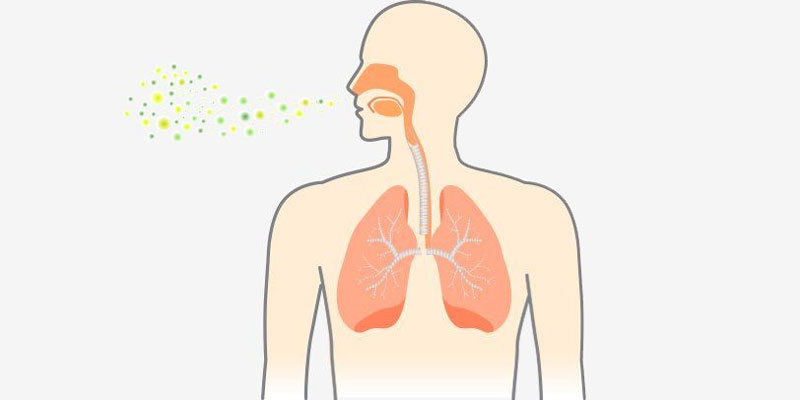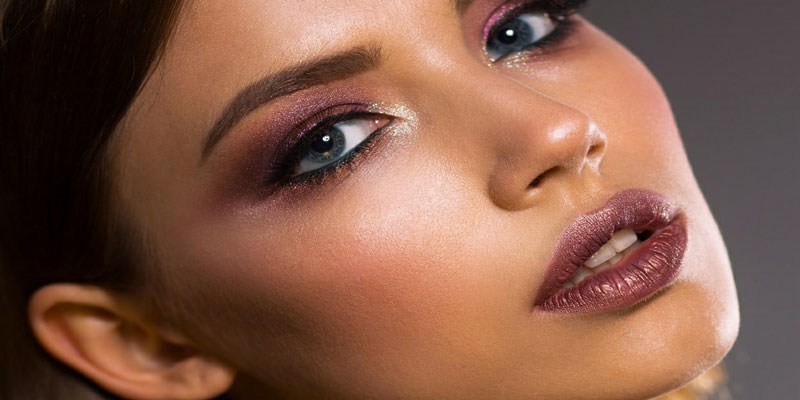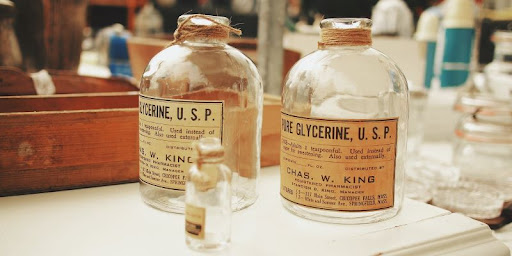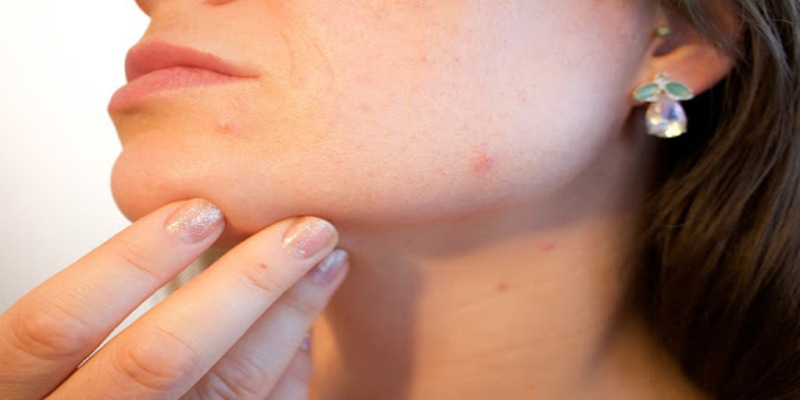Top Remedies For Snoring
Oct 11, 2023
Snoring, a prevalent yet often overlooked concern, can affect the quality of sleep for both the individual and those around them. Understanding its causes and exploring various solutions is paramount. This article provides an in-depth exploration of the methods, snoring devices, and remedies available to combat snoring.
What is Snoring
Snoring occurs when the flow of air through the mouth and nose is partially blocked during sleep. This obstruction causes the surrounding tissues to vibrate, producing the distinctive snoring sound. The degree of airway obstruction determines the loudness and frequency of snoring. Let's explore the various snoring cure and solutions to address this.
Natural Remedies for Snoring
Altering the Sleeping Position
The way an individual sleeps can directly impact snoring. Sleeping flat on one's back might allow the tongue and soft palate to collapse to the back of the throat, obstructing the airway. Elevating the head or sleeping on one's side can prevent this collapse, thus reducing snoring.
Hydration
Ensuring adequate hydration is vital. When dehydrated, the secretion of mucus in the soft palate increases, potentially causing more snoring. Regular water intake keeps these secretions fluid, lessening the chances of snoring.
Maintaining Optimal Weight
Weight gain, especially around the neck, can constrict the internal diameter of the throat, making it more susceptible to collapse and, consequently, snoring. Adopting a balanced diet and routine exercise can alleviate this risk.
Over-the-Counter Snoring Cure
Nasal Strips
Nasal strips are adhesive bands placed on the nose's bridge. They physically pull open the nasal passage, allowing for an unobstructed airflow, thereby mitigating snoring.
Throat Sprays
These are specifically formulated to target the vibrations causing snoring. They function by lubricating the throat tissues, which can reduce the intensity of the vibrations and the sound of snoring.
Specialized Devices to Counteract Snoring
Anti Snoring Nose Clip
The anti snoring nose clip, typically fashioned from silicone or containing magnetic elements, is a device designed to widen the nostrils. By doing so, it enhances the space within the nasal passages, fostering better airflow.
Dental Devices
Mandibular advancement devices, commonly referred to as snoring devices, resemble sports mouthguards. They function by pushing the lower jaw and tongue slightly forward, creating an enlarged space in the back of the throat, which can reduce air resistance and snoring.
CPAP Machines
The Continuous Positive Airway Pressure (CPAP) machine is a device often prescribed for severe snoring or sleep apnea. It ensures a continuous stream of air, preventing the collapse of the airway, thereby eliminating snoring.
Lifestyle Adjustments for Preventing Snoring
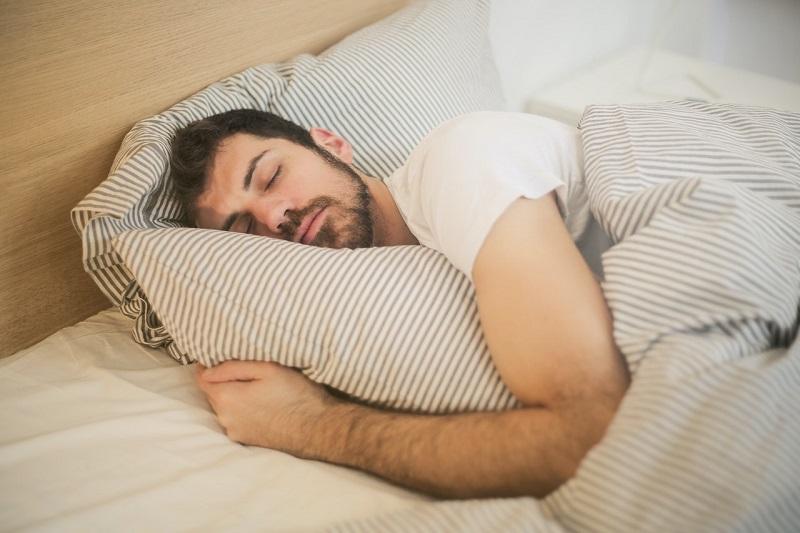
Limiting Intake of Alcohol and Sedatives
Both alcohol and sedatives can depress the central nervous system. This excessive relaxation can cause the muscles in the throat to relax too much, leading to snoring. It's advisable to avoid their consumption, especially close to bedtime.
Maintaining a Regular Sleep Pattern
Consistency in sleep routines can significantly enhance sleep quality. A consistent sleep schedule can establish a steady sleep pattern, potentially reducing snoring episodes.
Consideration of Dietary Habits
Eating large meals or consuming certain foods right before bedtime might exacerbate snoring. For optimal results, one should finish eating at least two hours before going to bed.
Medical Interventions for Persistent Snoring
Persistent and severe snoring might necessitate medical intervention. Surgical procedures to address obstructions, palatal implants, or even thermal ablation might be recommended by healthcare professionals based on individual needs.
Frequently Asked Questions
What causes someone to snore while sleeping?
Snoring happens when the airflow through the mouth and nose gets blocked. This blockage makes the tissues in the throat vibrate, which causes the sound of snoring. The amount of blockage can determine how loud or how often someone snores.
How can changing one's sleeping position help reduce snoring?
When someone sleeps on their back, their tongue and soft parts at the back of the mouth might fall backwards. This can block the airway. By elevating the head or sleeping on the side, this collapse can be prevented, which can help reduce snoring.
Why is staying hydrated important for reducing snoring?
If someone is not drinking enough water, the mucus in their throat can become sticky. This can cause more snoring. Drinking water can keep this mucus thinner and less likely to cause snoring.
What exactly is an anti-snoring nose clip, and how does it work?
An anti-snoring nose clip is a little device, usually made from silicone or with small magnets. It's designed to open up the nostrils. By making the nostrils wider, it helps air flow better and can reduce snoring.
Are dental devices comfortable to wear during sleep?
Dental devices, or snoring devices, might feel a bit odd at first, but many people find them comfortable once they get used to them. They work by pushing the lower jaw slightly forward, making more space in the back of the throat.


